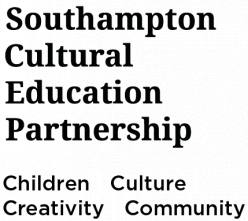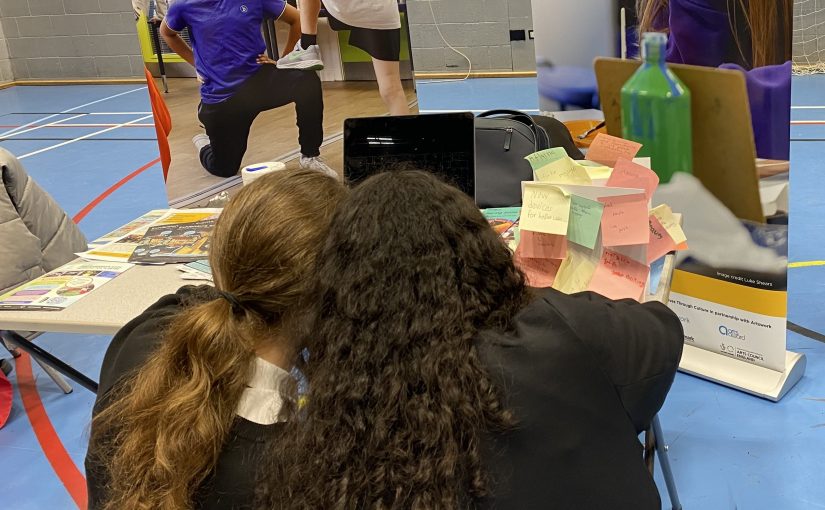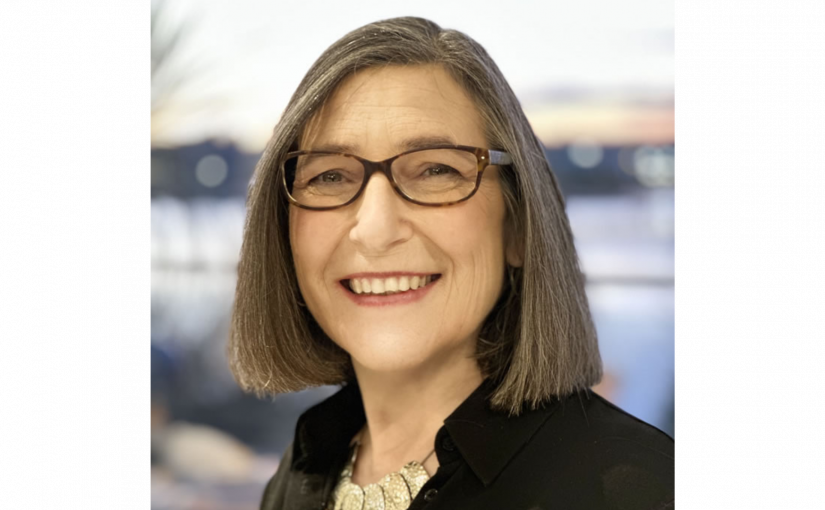In July 2026, SCEP members Mayflower Theatre, Turner Sims, and Southampton & IOW Music are leading the second year of the SCEP Work Experience Week.

This collaborative programme will introduce fifteen Year 10 students to the cultural sector and the breadth of careers within it.
We are inviting two additional SCEP member organisations to join us and deliver a two-hour session to help broaden students’ experience and showcase the diversity of our sector in the City.
DEADLINE for Expressions of Interest: Friday 27 March 2026
Based on the development of our 2025 pilot Work Experience Week, we understand and recognise there can be a range of barriers preventing cultural organisations from hosting work experience placements.
This programme seeks to address those barriers, bringing together SCEP member organisations and pooling time and resources – through in-kind support – resulting in a collective cultural work experience offer for local Year 10 students.
Why Get Involved?
• Inspire the next generation and open pathways into cultural careers.
• Showcase your organisation and the roles that make your work possible.
• Strengthen your connection with the city’s cultural education ecosystem.
Watch the video about our SCEP Work Experience Week 2025
What We’re Asking From You
• Deliver a two-hour morning or afternoon session, in kind
• Include an activity linked to your expertise, a Q&A, and – if possible – a venue tour.
• Help young people build key skills: leadership, networking, innovation, problem solving, and teamwork.
Key Details:
• Work Experience Week runs: 6 – 10 July 2026, 9:30am–4:30pm
• Students: 15 in total, from 3 schools, Cantell, Oasis Lord’s Hill, and St George • Locations: Mayflower Studios and participating SCEP venues
DEADLINE for Expressions of Interest: Friday 27 March 2026
Your contribution could be the moment a young person discovers the future they want to pursue. If your organisation would like to host a session or discuss what’s involved, we’d love to hear from you. Email Louise at SCEP@Soton.ac.uk to arrange a call.
SCEP Work Experience Week 2026 supported in-kind by




